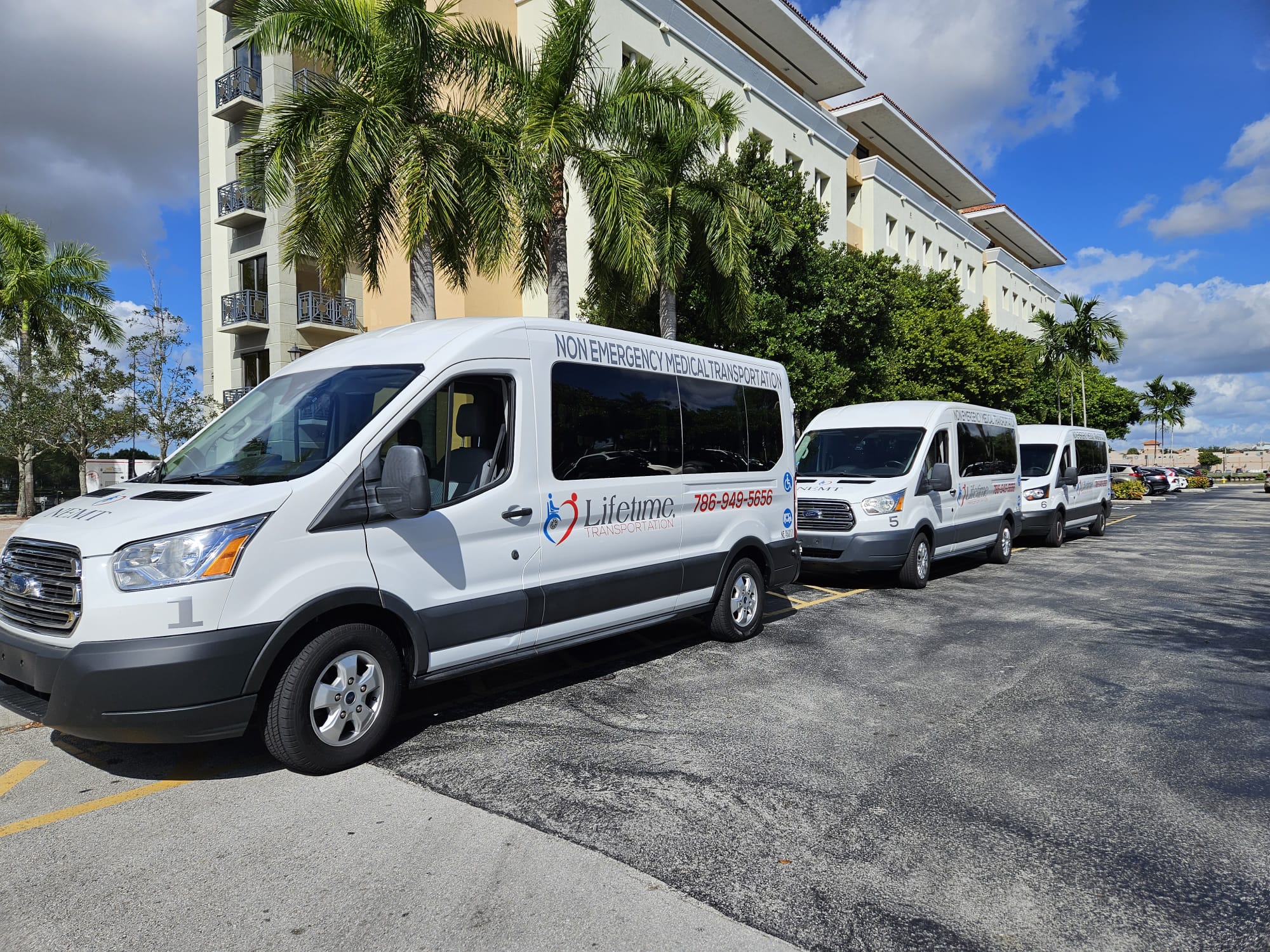Conveniently Reach Healthcare with Medical Transportation Services Near Me
Conveniently Reach Healthcare with Medical Transportation Services Near Me
Blog Article
Obtainable and Affordable Medical Transport Options for Seamless Wellness Support
In the realm of medical care, the access and cost of medical transport are extremely important in guaranteeing people can access the care they need when they require it. From non-emergency medical transportation solutions to innovative services like telehealth, the landscape of clinical transportation is progressing to fulfill the varied needs of individuals.
Non-Emergency Medical Transportation Services

These services are staffed by experienced specialists that prioritize person convenience and security during transportation. Drivers are equipped to take care of people with varying medical demands and guarantee that all journeys are smooth and worry-free - Medical Transportation Services Near Me. In addition, non-emergency medical transport services often utilize customized automobiles that are wheelchair-accessible, making them ideal for a large range of clients with different wheelchair demands
Volunteer Vehicle Driver Programs
Volunteer chauffeur programs are instrumental in giving transport aid for people seeking non-urgent treatment. These programs depend on the generosity of volunteers that donate their time and cars to aid transportation patients to and from medical consultations. By utilizing volunteer motorists, companies can supply an economical remedy for people that might not have access to dependable transportation.
One of the vital benefits of volunteer vehicle driver programs is the personalized treatment and attention that people obtain. Unlike standard transportation solutions, volunteer chauffeurs commonly develop a rapport with the people they assist, producing a supportive and compassionate atmosphere during what can be a difficult time. Additionally, volunteer driver programs can aid connect the space for people staying in underserved or rural locations where mass transit choices may be limited.
Public Transportation Options

One of the vital benefits of mass transit is its extensive schedule in urban and country locations alike. This substantial network permits patients from varied histories to take a trip to medical visits with family member convenience. In addition, mass transit systems are usually outfitted to fit individuals with specials needs, giving obtainable traveling options for those with mobility difficulties.

Ride-Sharing and Transportation Network Firms
The advancement of modern transport options for clinical purposes prolongs beyond conventional public systems like trains and buses to encompass the innovative realm of ride-sharing and transport network firms. Ride-sharing Recommended Reading solutions such as Uber and Lyft have actually transformed the way individuals take a trip to medical consultations, supplying benefit and adaptability to people that might not have access to their cars or typical public transport. These platforms enable users to ask for a trip with the touch of a button on their smartphones, providing door-to-door service that can be particularly advantageous for people with wheelchair challenges or those requiring help.
Transport network companies (TNCs) have actually likewise played a substantial function in bridging the space in clinical transport services. Firms like Veyo and RoundTrip focus on non-emergency clinical transportation, dealing with patients that require a greater level of aid throughout their trips to clinical facilities. By partnering with health care carriers and insurers, TNCs guarantee that individuals can access reliable and prompt transport services, ultimately adding to boosted wellness results and patient complete satisfaction.
Telehealth and Digital Assessments
Enhancing health care ease of access and comfort, telehealth and online appointments have become crucial parts in modern-day clinical techniques, changing the means individuals interact with doctor. Telehealth leverages innovation to promote remote communication between clients and healthcare professionals, supplying a wide array of solutions such as virtual assessments, remote tracking, and electronic prescriptions. Online appointments make it possible for people to look for medical suggestions, diagnosis, and therapy from the comfort of their homes, getting rid of the demand for physical brows through to medical care facilities. This approach not just conserves time and lowers transport prices for patients but also boosts the total effectiveness of medical care distribution.
Furthermore, telehealth plays a crucial function in extending clinical services to underserved communities, country areas, and individuals with limited mobility. By breaking down geographical barriers and boosting healthcare outreach, telehealth promotes very early treatment, connection of care, and client engagement. As modern technology continues to advancement, telehealth is positioned to play a significantly considerable duty in forming the future of healthcare distribution, fostering better health and wellness end results and client complete satisfaction.
Verdict

From non-emergency clinical transportation solutions to ingenious solutions like telehealth, the landscape of clinical transport is evolving to fulfill the diverse needs of people.Non-Emergency Medical Transport Services facilitate the prompt and secure transport of people needing non-urgent medical care to and from medical care centers.The read this post here development of contemporary transportation alternatives for clinical objectives expands past traditional public systems like buses and trains to incorporate the ingenious world of ride-sharing and transportation network firms.Transportation network firms (TNCs) have also played a significant function in bridging the space in clinical transportation services. Non-Emergency Medical Transportation Providers, Volunteer Driver Programs, Public Transportation Options, Ride-Sharing and Transportation Network Firms, and Telehealth and Virtual Consultations all play a crucial role in addressing transport barriers to health care accessibility.
Report this page